From Akre's Groves, a New Olive Harvest Signals a Greener Future for Kurdistan
The olive harvest in Akre, home to over 350,000 trees, marks a successful season and highlights a broader, KRG-backed agricultural boom across the Kurdistan Region, transforming the land, boosting the local economy, and re-establishing an ancient and resilient crop for a modern market.
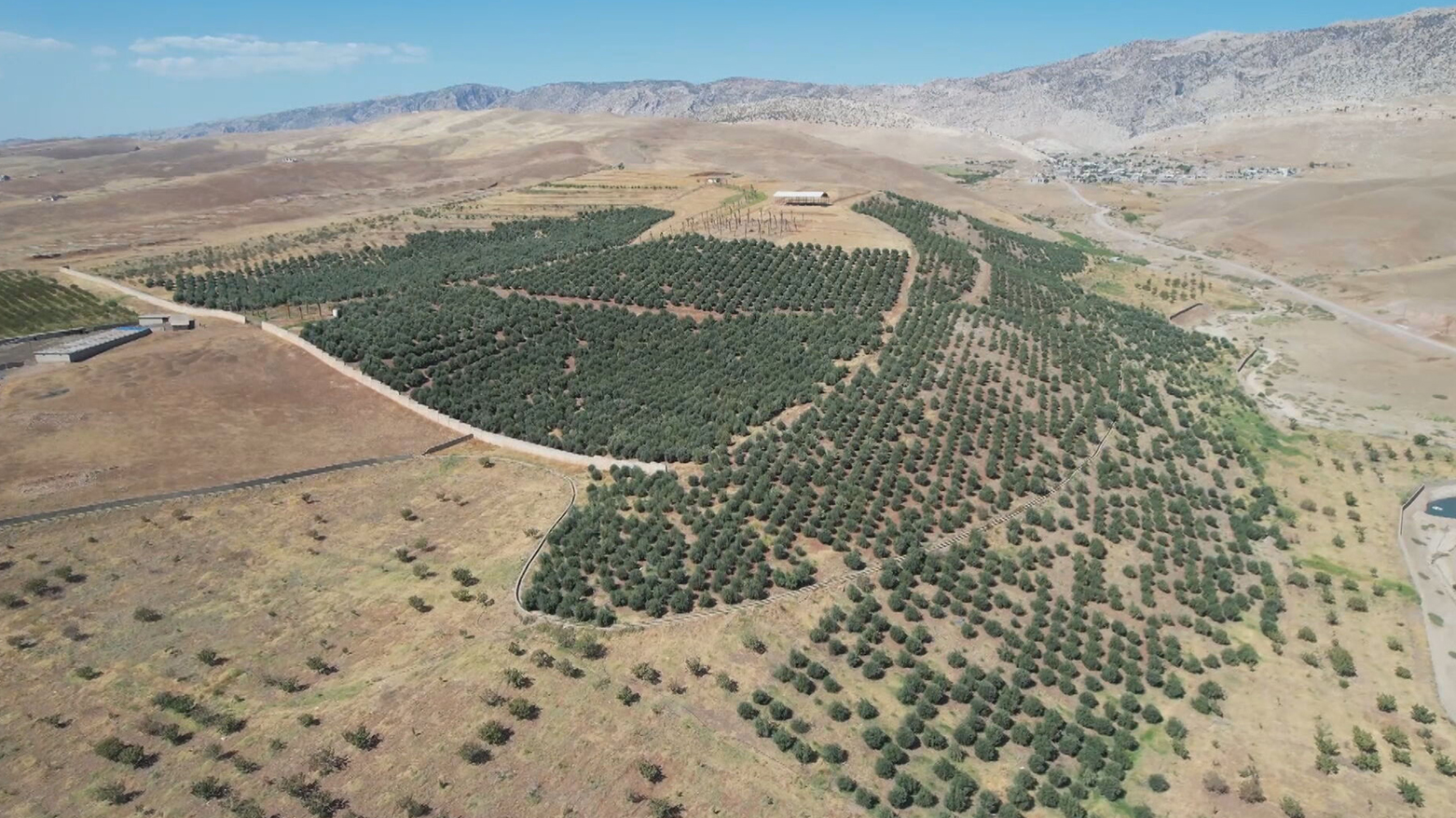
ERBIL (Kurdistan24) – The late September sun casts long shadows across the rolling hills of Akre, where the air is thick with the earthy scent of ripe olives. Here, amidst groves that stretch across the landscape, Nechirvan Fayeq’s hands move with a practiced rhythm, carefully plucking the plump, green fruit from branches that have been nurtured for years. His work, and that of countless other farmers in the district, marks the beginning of a harvest that is more than just an annual agricultural ritual; it is the tangible result of a quiet revolution taking root across the Kurdistan Region, one that is transforming the land, diversifying the economy, and reconnecting a new generation of farmers to an ancient and resilient crop.
In an interview with Kurdistan24 correspondent Ari Hussein, Nechirvan Fayeq explained the careful timing of his work.
"We started harvesting olives two weeks ago," he said, gesturing towards the trees around him. "Our type of olive is for eating, not for oil. We will continue until October and November, then we will start harvesting the oily olives."
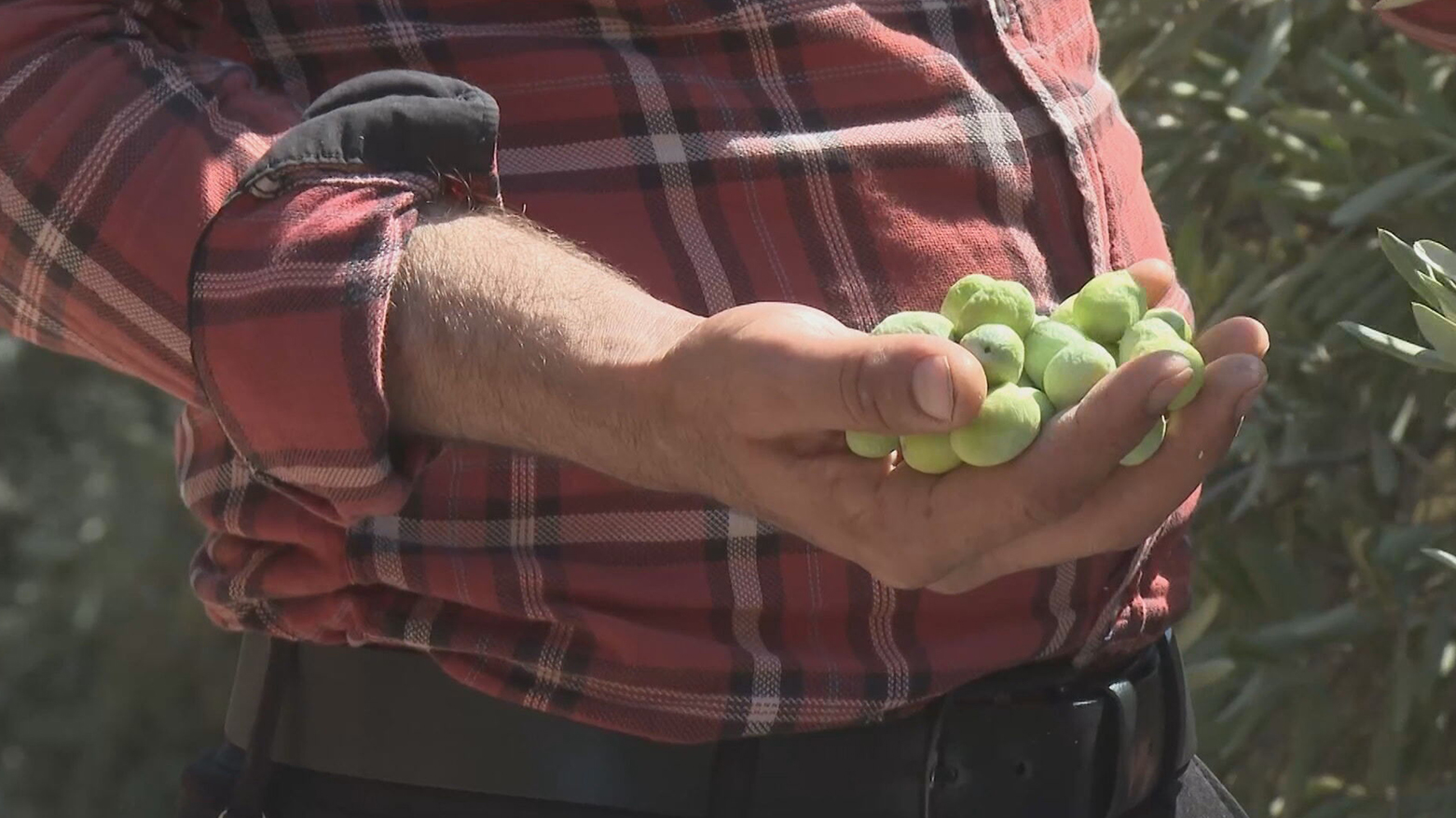
This distinction is at the heart of Akre's burgeoning olive industry, a sector that has grown to include over 350,000 olive trees planted across an area of 13,000 dunams, according to data from the Akre Agriculture Directorate.
The spokesperson for the directorate confirmed to Kurdistan24 that the region’s climate is exceptionally well-suited for the crop and that local farmers are paying careful attention to its cultivation. This year’s produce has ripened beautifully, and the district is now a hive of activity as the harvest gets into full swing, with an expected annual production of three thousand tons.
Supervising engineer Salih Omar elaborated on the process, telling Kurdistan24, "The type that we are currently harvesting is mostly for eating, which is called (Khastawi), and we also have the oily type." For now, he announced, "Most of our production this year is for the domestic markets of Kurdistan and Iraq."
The thriving groves of Akre are a powerful local manifestation of a much broader, region-wide agricultural shift, a trend that has been gaining momentum through the dedicated efforts of individual farmers and the strategic focus of the Kurdistan Regional Government (KRG).
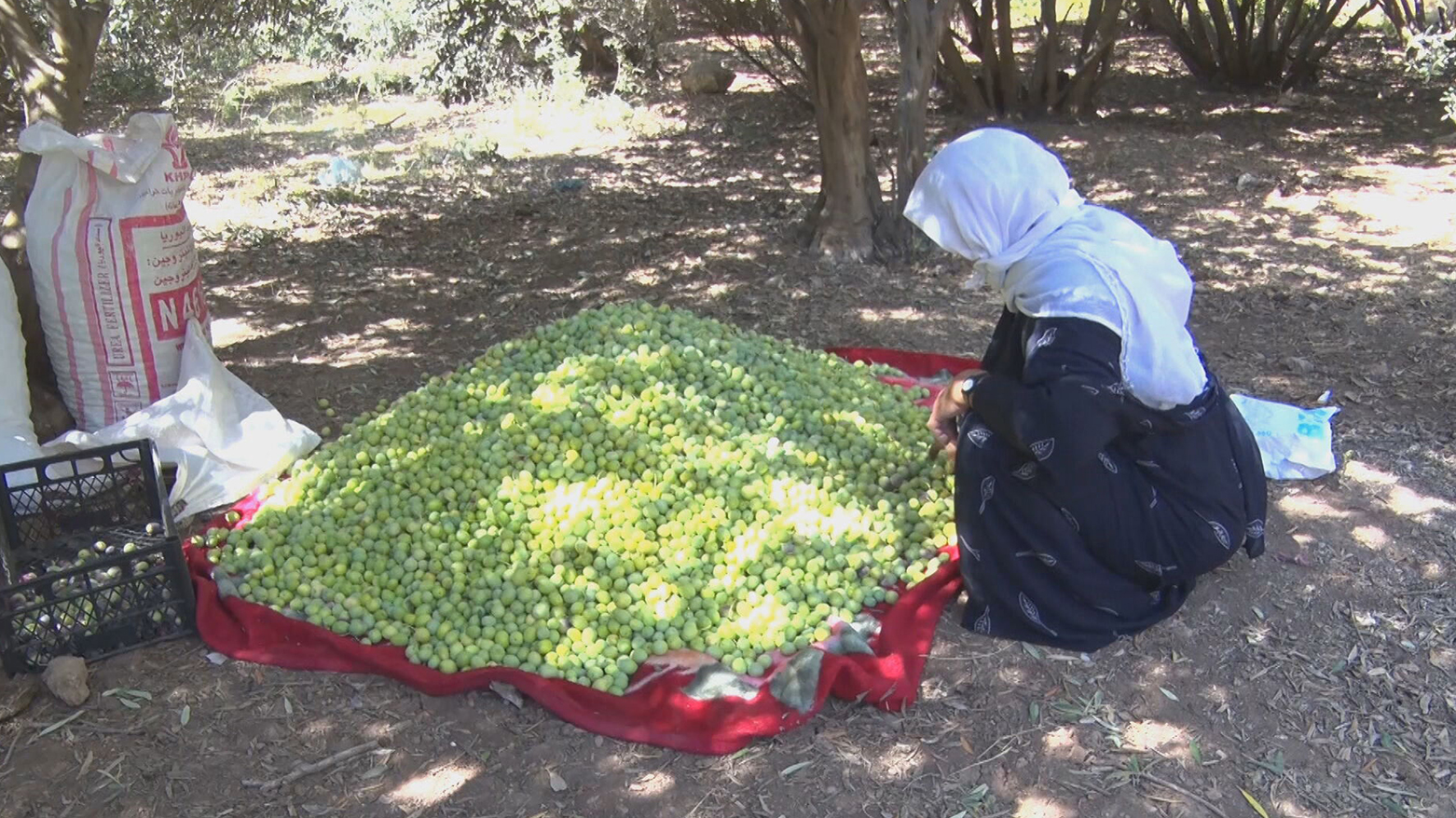
A report from the Kurdistan Chronicle details the experiences of farmers like Abdullah Sadiq, a 60-year-old from the Sharazoor district who has been cultivating olives for two decades. His story illuminates the crop's appeal; he explained that unlike many other agricultural products, olive trees require minimal care and are remarkably resilient, able to withstand the often harsh weather conditions of the region.
His own 60 trees yield around 500 kilograms of olives annually, a testament to their reliability. The growing interest is also evident in the story of Zahir Ali, a 62-year-old farmer in Sulaymaniyah who, after traditionally focusing on pomegranates and figs, has recently established an olive nursery to meet the rising demand, a clear signal of the crop's increasing popularity.
This embrace of olive cultivation is not merely a matter of agricultural preference but a strategic adaptation to changing environmental and economic realities. The Kurdistan Chronicle notes that as climate change alters traditional farming patterns, some farmers have recognized the potential of olive trees, which have a long and storied history in the wider region, particularly in Western Kurdistan.
Burhan Ahmad, a farmer from Kirkuk, highlighted the multifaceted value of the crop, emphasizing not only its culinary uses but also its medicinal properties. Having recently planted 70 trees and witnessed a steady increase in their yields, he expressed his belief that Kurdish farmers should look towards exporting their products, capitalizing on the high quality that comes from the region's largely untouched natural environment and minimal use of pesticides.
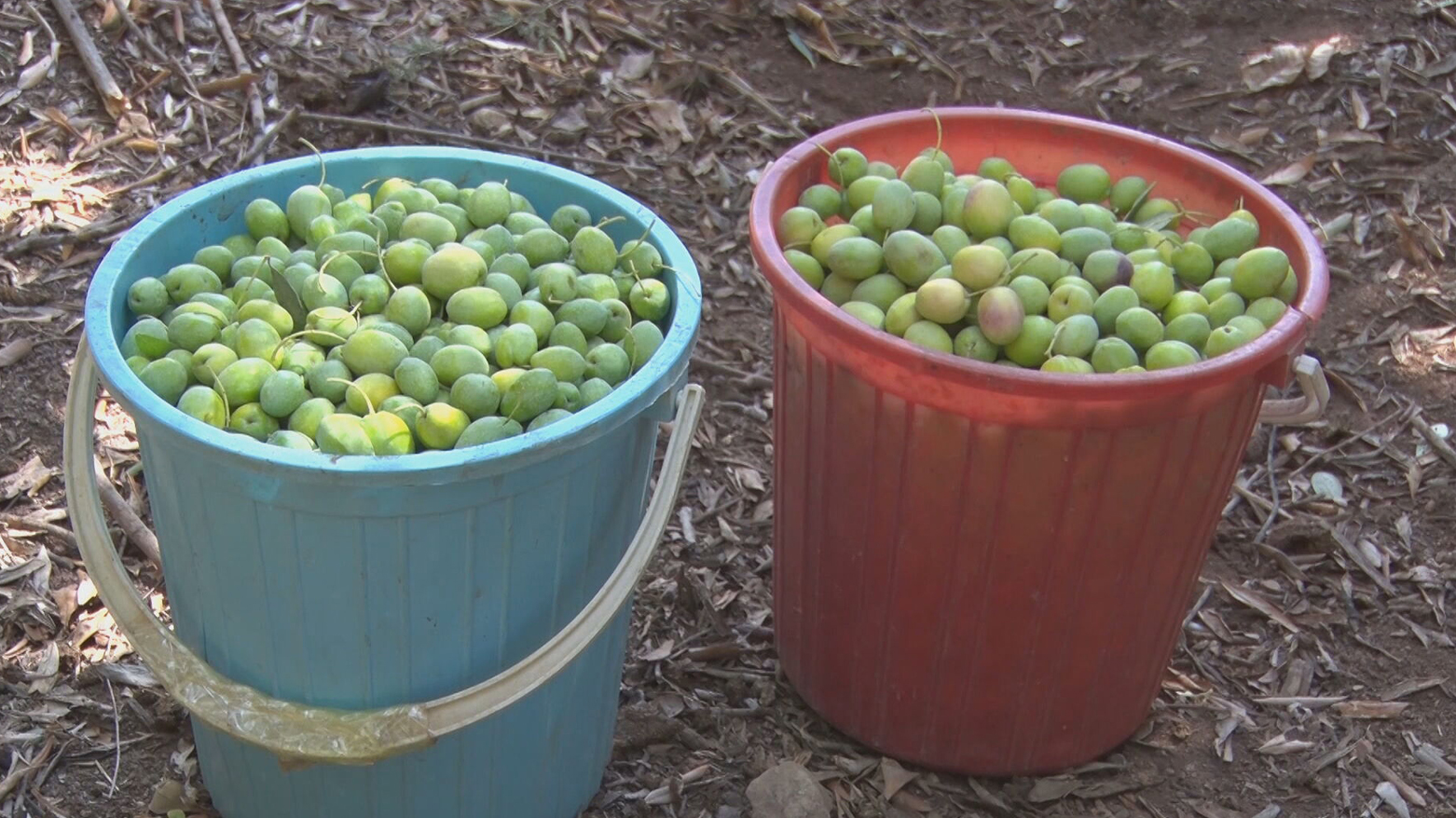
This groundswell of interest from individual farmers is being met with a robust, top-down strategy from the KRG's ninth cabinet, which has made the agricultural sector a key priority. In a statement to Kurdistan24, Helkewt Abdulrahman, the General Director of Horticulture, Forestry, and Pastures, revealed the impressive scale of this expansion.
The Kurdistan Region is now home to 1.5 million olive trees, which produced 1,800 tons of olives in 2023. This growth has been supported by the establishment of seven specialized olive oil production factories, which together employ 1,350 farmers, creating a vital economic ecosystem around the crop.
Professor Shler Shekhani, a forestry and gardening specialist, explained to Kurdistan24 the unique advantages the region possesses. "The Kurdistan Region’s soil is very apt for olive cultivation, and its trees are short, allowing for dense planting and quick fruit production," she said. The region cultivates several outstanding varieties, including Sourani, Souri, and Arbequina, which are renowned for their high oil content and exceptional quality, making Kurdish olive oil an increasingly sought-after commodity.
According to Professor Shekhani, the region now boasts more than 1,500 olive orchards, with 350 in the Erbil governorate, 300 in Sulaymaniyah, and the rest spread across Duhok, Akre, Sheikhan, Halabja, Rania, and Germian.
The journey from the groves of farmers like Nechirvan Fayeq to the consumer's table often passes through state-of-the-art facilities like the Rasan olive oil factory. As detailed by the Kurdistan Chronicle, the factory, established in 2018 by the Halabja Group, has become a cornerstone of the industry. Payam Saywan, the 34-year-old director of Rasan, asserts that it is Iraq's foremost olive oil producer by volume, with a remarkable daily output of 120 tons and an annual capacity of 150,000 liters.
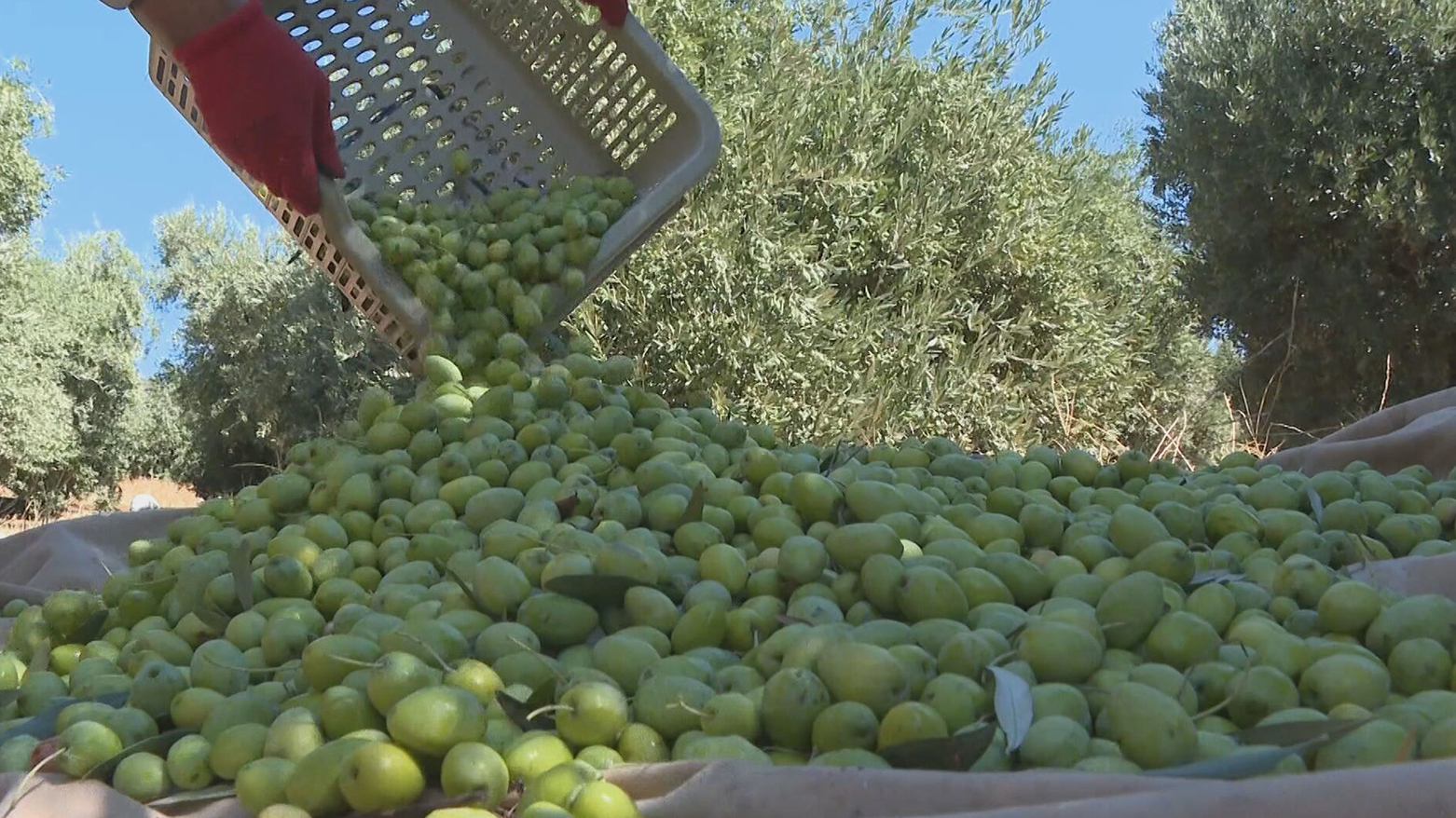
The factory processes olives from across the Kurdistan Region, and its stringent quality control measures ensure a premium product. While 60% of its olives are sourced locally, the remaining 40% are imported, highlighting a key challenge: local production, though growing rapidly, has yet to meet the surging industrial demand.
Despite this supply gap, the industry's success is undeniable. Rasan's olive oil is distributed throughout Iraq and the Kurdistan Region, and with the crucial support of the KRG in facilitating international trade, the factory has begun exporting to Germany and the United Kingdom, with negotiations underway to enter the Norwegian market.
This success is reflected in a substantial increase in sales, from 27,000 liters in its first year to a projected 150,000 liters this year. To address the local supply shortage and create a self-sustaining production cycle, Rasan has established its own modern olive tree nursery, cultivating high-yield varieties specifically suited to the region's climate.
This synergy between dedicated farmers, innovative businesses, and a supportive government is fostering a thriving olive industry that holds immense promise. It represents a significant step towards economic diversification, reducing reliance on single sectors and building a more resilient, sustainable economy. Beyond the economic benefits, the flourishing olive groves contribute to the greening of the landscape, aligning with broader environmental goals.
As the harvest continues in Akre and across the Kurdistan Region, each olive picked is a symbol of a deeper cultivation—the cultivation of new opportunities, the nurturing of economic independence, and the growth of a greener, more prosperous future for all of Kurdistan.